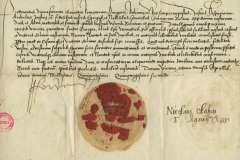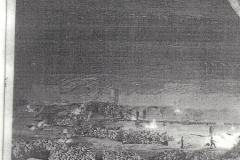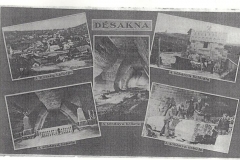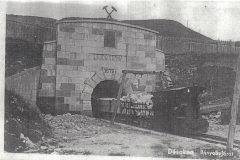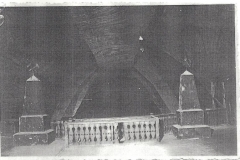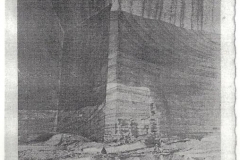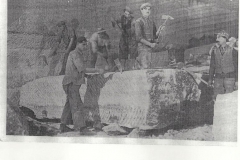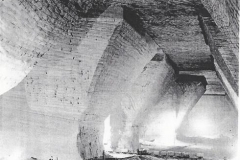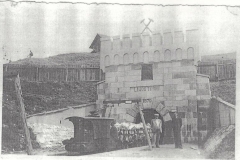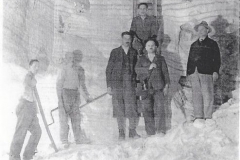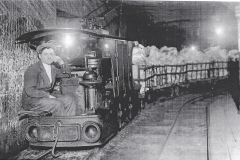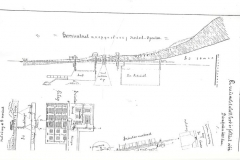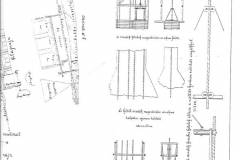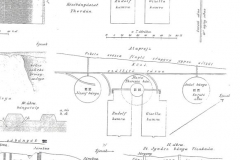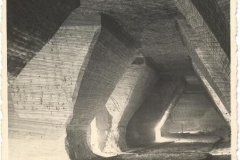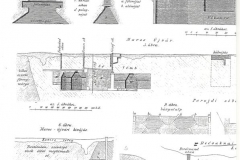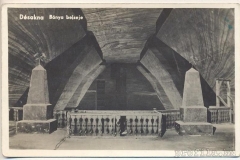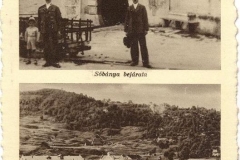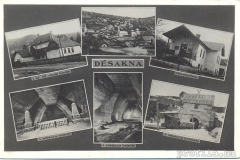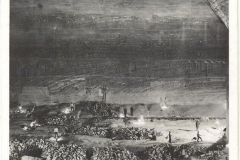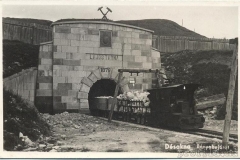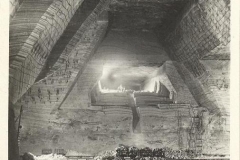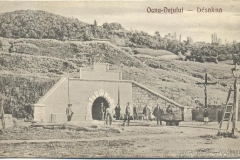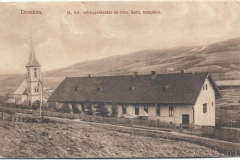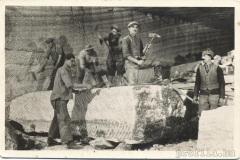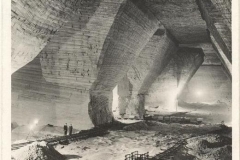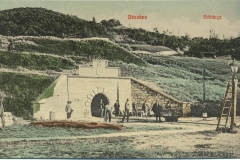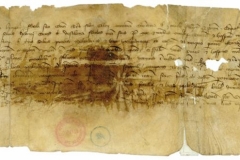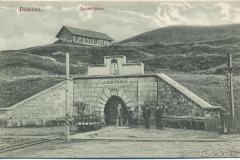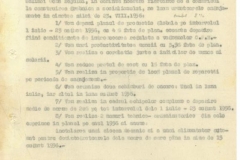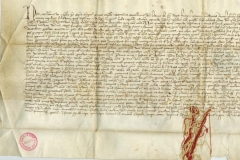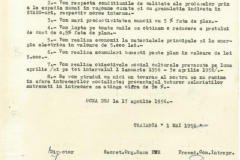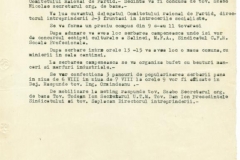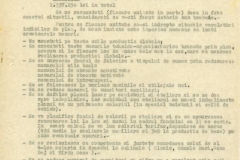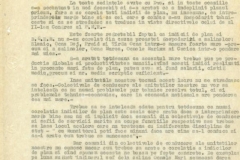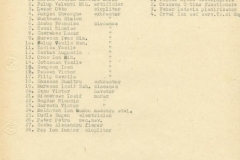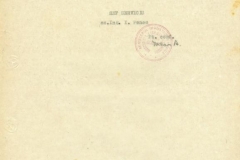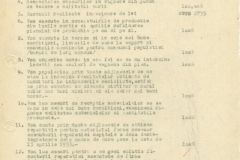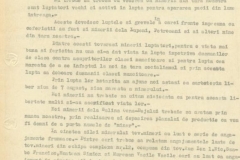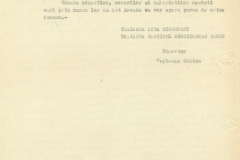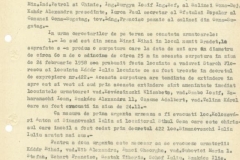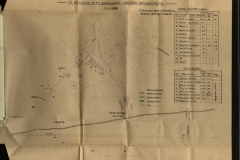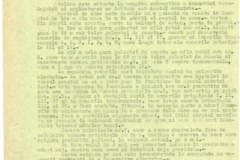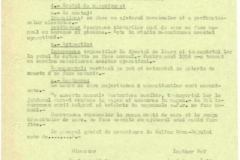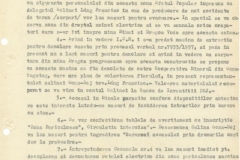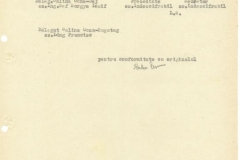Salina Ocna Dej este situată la confluența Someșului Mare și Someșului Mic, în mijlocul Bazinului Transilvaniei, la 3 km distanță de municipiul Dej și la 60 km distanță de municipiul Cluj-Napoca. Importanța deosebită a sării în dezvoltarea civilizației umane, precum și calitatea de excepție a zăcământului au făcut că sarea să fie exploatată la Ocna Dej încă din antichitate. În cursul anilor exploatarea a luat amploare, mineritul în sare la Ocna Dej devenind o autentică tradiție.
Primele indicii ale exploatării sării la Ocna Dej datează din vremea romanilor, astăzi putând fi remarcate vestigii sub formă unor excavații colmatate. Zona minelor romane s-a exploatat până în secolele XII-XIII, când se consideră că începe exploatarea în perimetrul actual al Salinei Ocna Dej. Numeroase mărturii scrise din 1239, 1291, 1365, 1465, ne furnizează informații despre modul de organizare a exploatării sării, mărimea exploatărilor precum și despre așezările omenești care s-au întemeiat și dezvoltat pe lângă minele de sare. În secolul al XVII-lea exploatarea sării devine monopol de stat, constituindu-se într-o importantă sursă de câștiguri pentru acesta. Prima modernizare a minei de la Ocna Dej are loc în anul 1882, an în care se deschide calea ferată Cluj-Apahida-Dej, cu o prelungire până la Ocna Dej. Electrificarea, introdusă în 1910 în Mina Ferdinand, constituie un alt reper important în dezvoltarea exploatării, permițând în 1931 exploatarea cu metode moderne de abataj. Primul export de sare consemnat în documente datează din 1903, după ce în perioada 1975-1978 s-au derulat lucrări de pregătire a exploatării.
![]()



